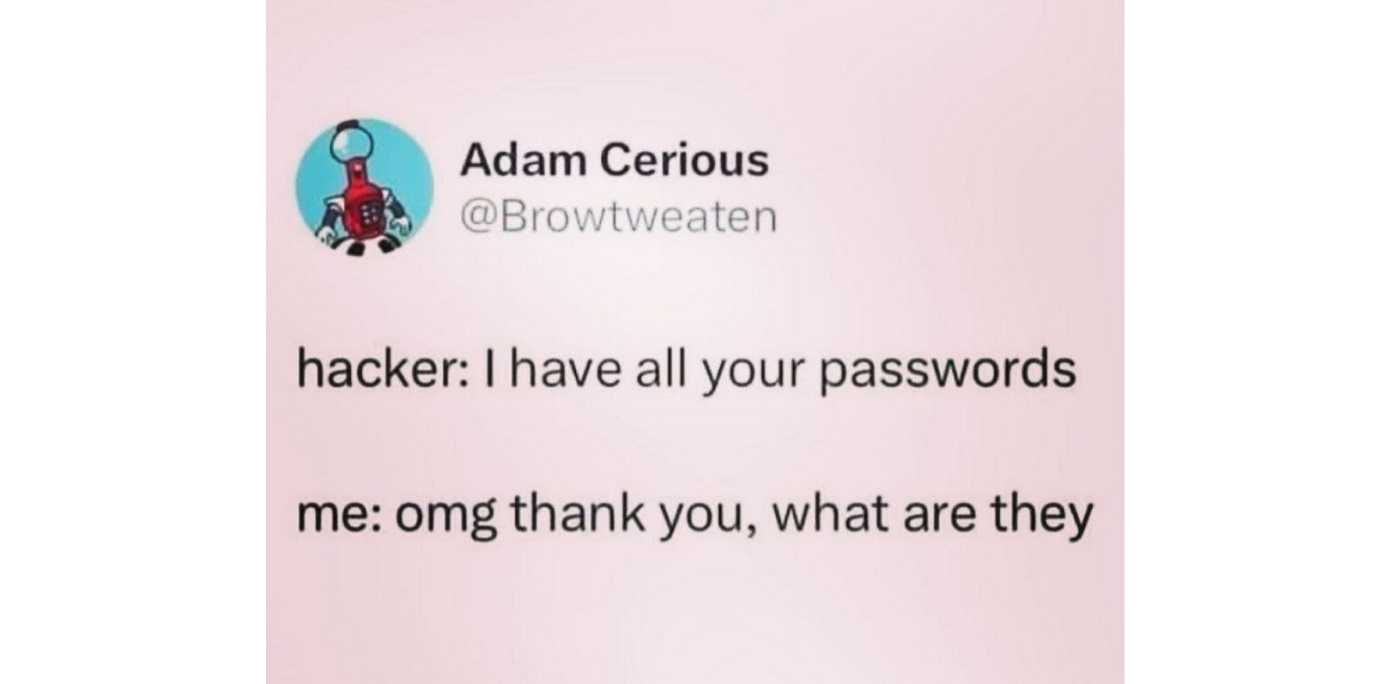There’s a new security challenge to verification codes we use during account logins. These numerical security codes are an extra layer to our identity that helps keep hackers out. But not all verification codes are there to help, especially when they pop up on your device for seemingly no reason. Since hackers love finding sneaky ways of getting beyond our security efforts, they’re now exploiting verification codes – for nefarious and self-serving reasons, of course!
In general, any opportunity to verify your identity during login is always a smart thing to do. That’s why enabling these codes when offered should be a no-brainer, to protect any and all financial account logins and others you didn’t attempt. So, if a verification code you weren’t expecting pops up in a text or email, it’s time to break glass and pull your own account security alarm.

Always Suspect the Unexpected
Since data breaches happen much more than we know, it makes sense to think your PII, including account logins, have already been compromised. Your first action should be changing the password the unexpected security code came from to a strong and difficult one to hack. In the face of a super-strong password, cybercriminals are known to give up and move on to easier password pickings. Don’t click any links. Just go directly into your account to change passwords and any other information.
Most likely, an unexpected stray security code means a hacker has your login name and password and is trying to log in. Fortunately, you smartly already have verification codes enabled, especially for financial accounts. Excellent job because you’re helping keep the bad guys from winning.
Opportunists they are, hackers also have a way of phishing using security codes. They’re known to send emails and texts with links to verification codes. Like other phishing attacks, your device gets infected with malware if you click on the link. So, what do you do? Just don’t click it.
And should the phishing link also ask you to verify your bank account or payment card info for any reason, it’s to further the phishing scam. Again, log in directly to your accounts using a bookmarked link to confirm or change any information.
So, until the 100% effective account security solution is created, continue to always suspect the unexpected, including verification codes. Hackers won’t thank you for it, but your valuable accounts will.